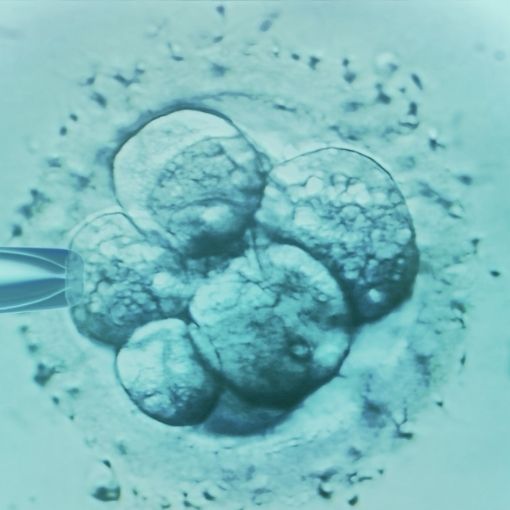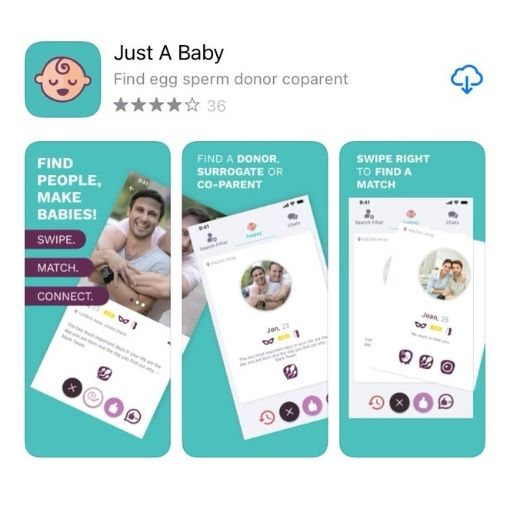If you’ve been trying to conceive for a while without success, it could be down to one of many reasons. Aside from your diet and lifestyle, have you wondered if you might have one of the many health conditions that affect fertility? We know, only too well that infertility can sadly also strike for no apparent cause. But when another health condition is thrown into the mix, it’s worth checking out if that might be harming your baby-making efforts.
We should point out that having one of these conditions doesn’t automatically mean you will struggle to conceive, but it can have an impact. Knowledge is power, so we will highlight six health conditions that affect fertility and why in this article.
1. Polycystic ovary syndrome PCOS
Polycystic ovaries, or PCOS, affects as many as one in ten women in the UK. It occurs when the ovaries become enlarged with many small cysts and fluid-filled sacs. The condition has many possible symptoms, including irregular or heavy periods, weight gain, acne, mood swings and excess body hair. It can cause problems ovulating. The good news is that your GP can often treat PCOS using oral medication. However, some women with the condition may need treatment to help stimulate ovulation or IVF treatment to start a family.
2. Endometriosis
If your periods are cripplingly painful every month, there’s a chance you could be suffering from endometriosis. Endometriosis happens when tissue, just like the tissue that lines your uterus begins growing elsewhere. Endometriosis affects one in 10 women. Fortunately, for many, it doesn’t cause infertility.
For others, it can cause chronic pain and inflammation, which can stop an embryo from successfully attaching to your uterus’s lining. Severe cases of endometriosis can cause blockages and scarring of the fallopian tubes. Read more about endometriosis, and it’s symptoms here.
3. Fibroids
Fibroids are non-cancerous, benign growths that can develop within the uterus. They are relatively common and won’t always cause problems. They can sometimes cause heavy periods, abdominal pain and discomfort during sex. Their position and size can also make it difficult to fall pregnant.
4. Polyps
Similar to fibroids, polyps can grow within the uterus lining, as well as the fallopian tubes and ovaries. Whether or not the polys affect a woman’s ability to conceive will depend on both their location and size. Symptoms of polyps include heavy and irregular periods, bleeding during intercourse and sometimes pain. Watch our video on Polyps from fertility nurse Kate Davis here.
5. Damaged fallopian tubes
Damaged or blocked fallopian tubes can mean the egg is unable to reach the uterus, making it very difficult to conceive. An added risk factor is that a fertilised egg could get stuck in the fallopian tube and cause an ectopic pregnancy.
There are a few conditions that can cause damage to the fallopian tubes, including scar tissue from endometriosis, pelvic inflammatory disease, certain STIs or previous abdominal surgery. When fallopian tube damage causes infertility, there are options, including surgery, to try and repair them. However, any woman undergoing surgery may need fertility treatment afterwards to become pregnant.
6. Thyroid Disorders
Thyroid disorders can affect a women’s health in a few ways. They can make us feel tired and affect our mood, skin, and hair. Unfortunately, they can also affect fertility. This is because low levels of the thyroid hormone can interfere with egg release. Thyroid disorders can also cause problems in pregnancy. If you suspect you might have this condition, it’s essential to seek a diagnosis.
Why health conditions that affect fertility need a diagnosis
If you are concerned you might have one of the above conditions and recognise some symptoms in yourself, we would always advise speaking to your GP or gynaecologist for further advice.
If you have a condition which could harm your fertility, knowing you have it will allow you to find out how you can treat your condition and take steps to potentially improve your fertility. With the right management and treatment, it is entirely possible to conceive with many of the above conditions. Getting an accurate diagnosis is the first step to eventually celebrating that positive pregnancy test!
Do you suffer from a condition that affects your fertility? We would love to hear from you. Feel free to contact us or leave a comment.




